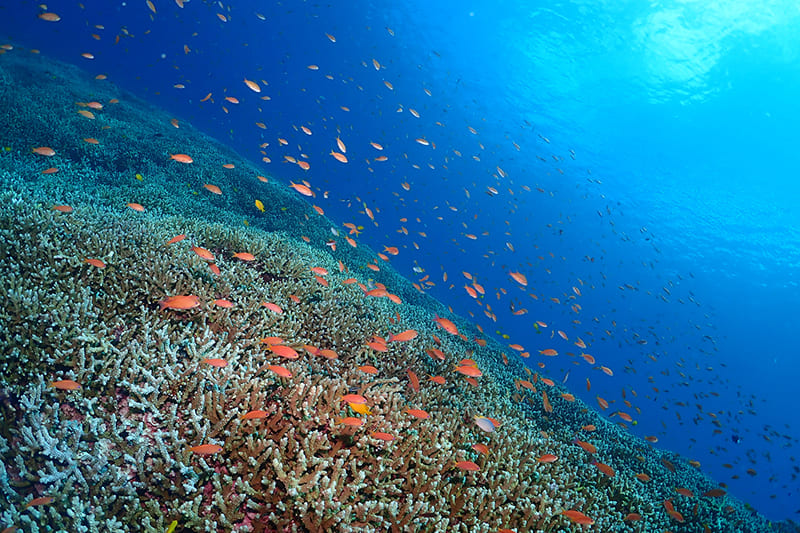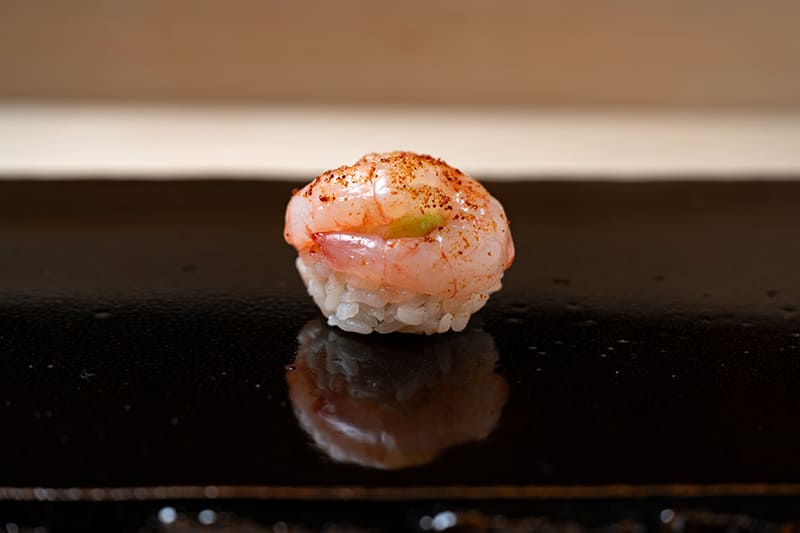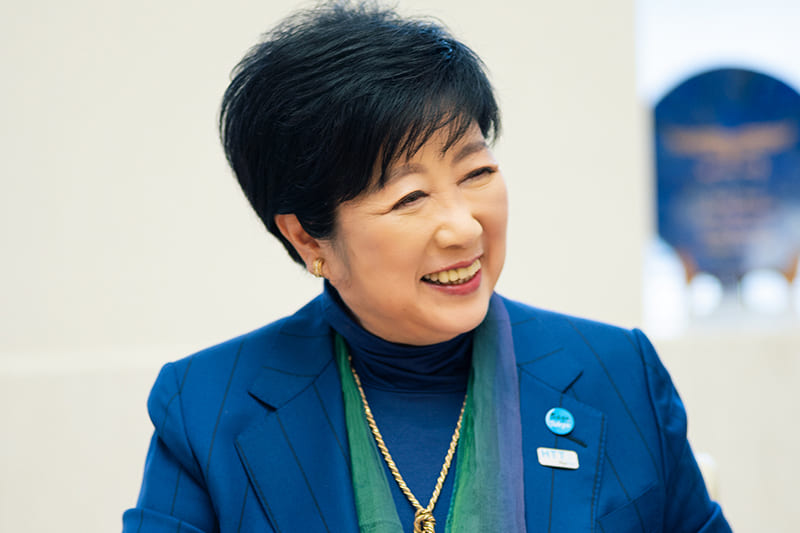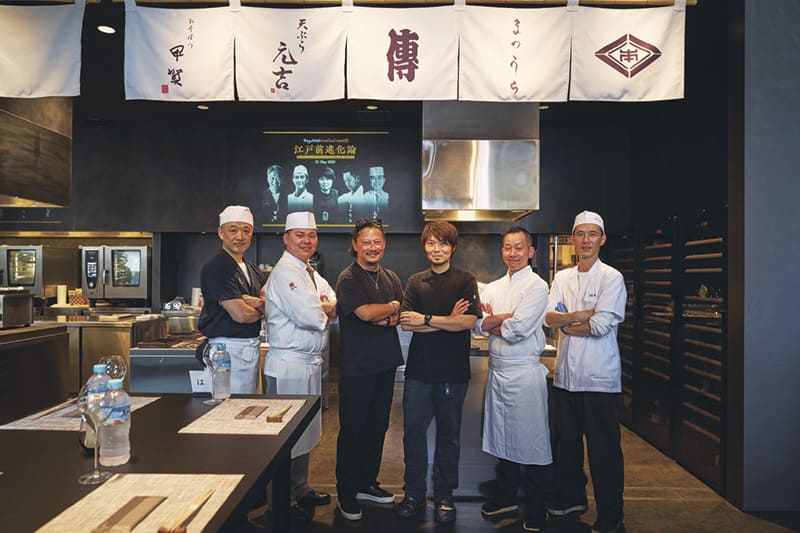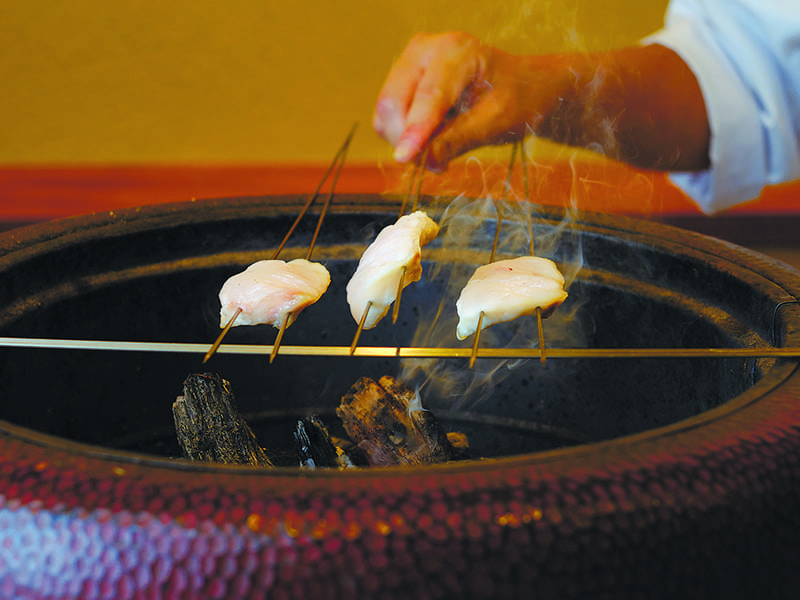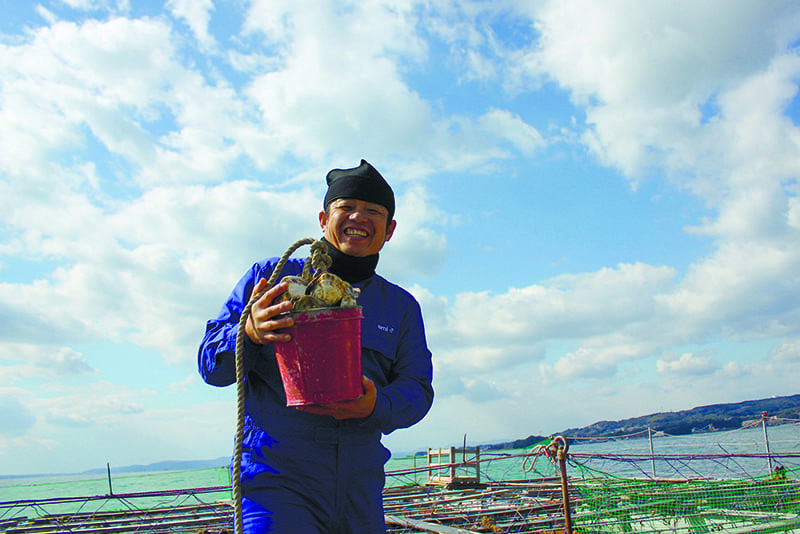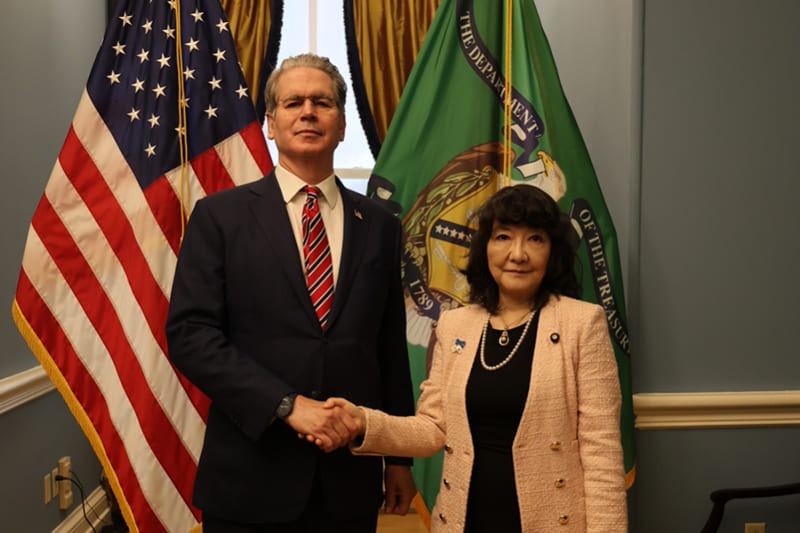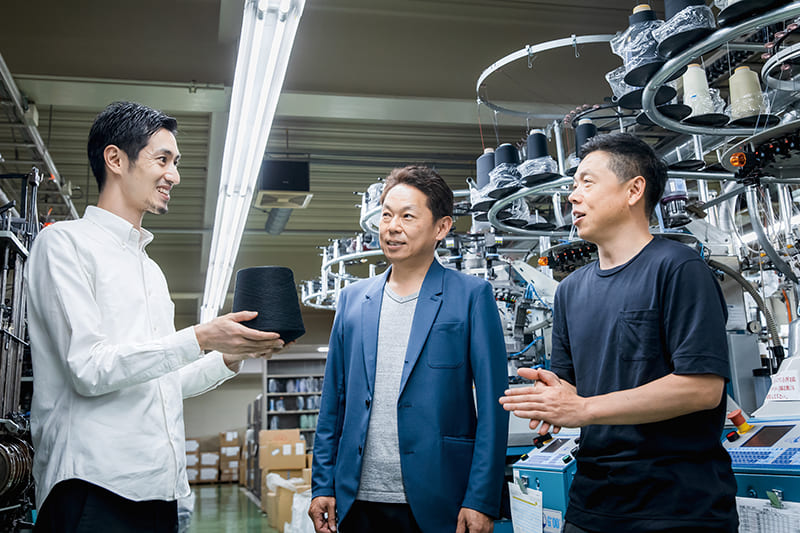July 29, 2022
Tokyo Ichiban Foods cultivates fugu and tuna
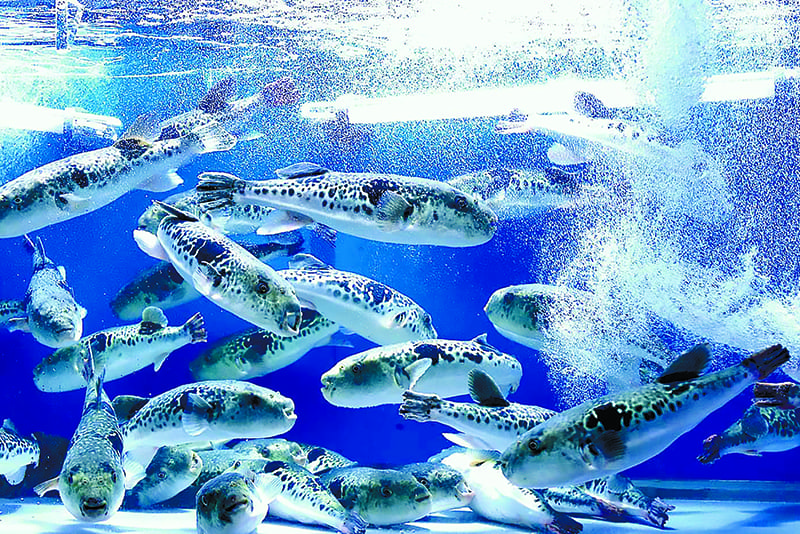
According to the Fisheries Agency, stocks of tora fugu (the Japanese puffer or tiger puffer) have fallen significantly in the Sea of Japan, the East China Sea, the Ariake Sea and the Seto Inland Sea, from 1,000 tons in 2002 to just 534 in 2019. In addition, that symbol of high-class sushi, Pacific bluefin tuna, which was long classified as an endangered species by the International Union for Conservation of Nature but was upgraded to “near threatened” last September, remains at risk.
To address these kinds of problems, companies around the world are experimenting with fish farming. One of them is Tokyo Ichiban Foods Co. Ltd. (listed on the Tokyo Stock Exchange’s Prime Section), which operates fish restaurants from seafood pubs and sushi restaurants to the fugu specialty chain Torafugu-tei. By covering all aspects of the business, including production, processing, distribution and sales, the company can provide the best quality produce at low prices while at the same time working to solve environmental problems as they pertain to seafood.
Kazuko Iwanari, director of marketing at the company, explained: “If your only concern was to generate profit, then you could easily just buy your fugu and tuna from wholesalers. But as a company that is serious about its sustainable development goals, we have been working on a plan to secure sustainable aquaculture in Furue Bay in the city of Hirado since 2014. The work is done in cooperation with Nagasaki Prefecture, Hirado and the local Nakano Fisheries Cooperative. We are raising tora fugu, as well as our own brands Kiwami Ichiban Tuna, Kiwami Buri and Kiwami Saba. And we’re trying to improve the ocean environment as we do it.”
Back in 2003, a tora fugu farmer in Nagasaki Prefecture was discovered to be illegally using formaldehyde, a known carcinogen, to kill parasites on the fish. As a result, a certification system for aquaculture companies was developed. This system now sets standards for fry, feed, medication and other aquaculture materials. Tokyo Ichiban Foods has of course been certified.
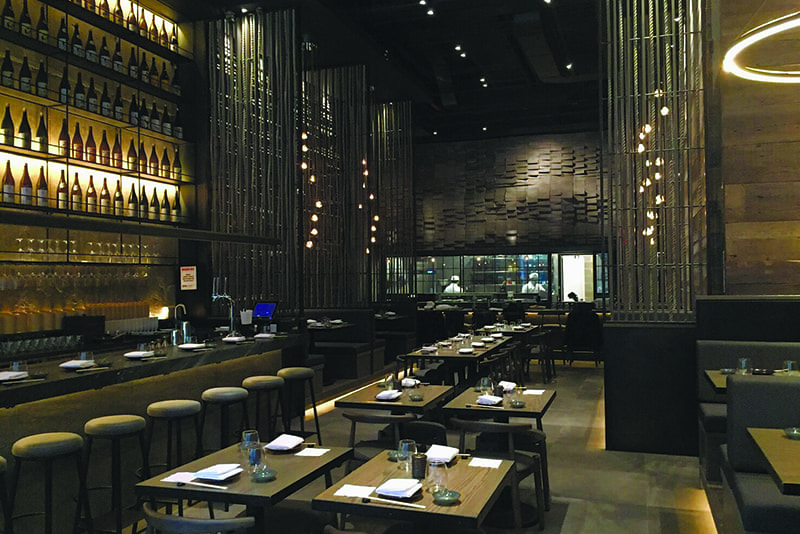
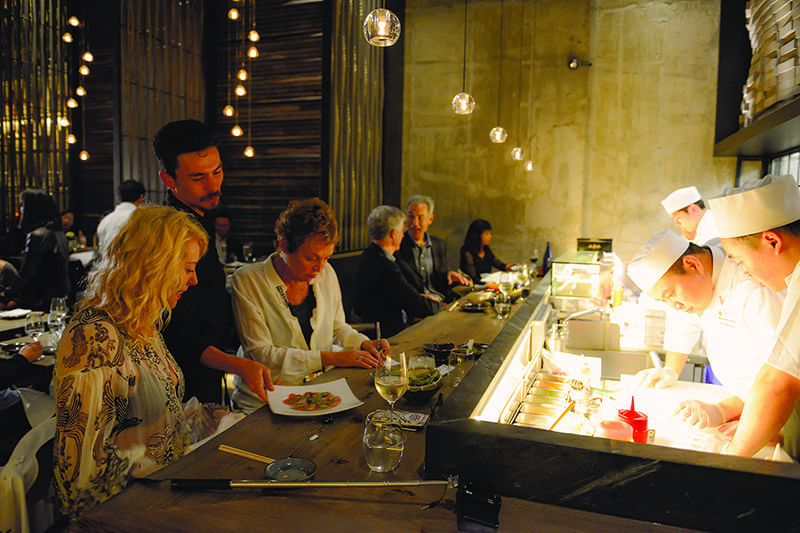
At its New York City restaurant Wokuni, the company serves seafood dishes and also introduces Japanese food culture through fresh fish sales and tuna cutting demonstrations. | COURTESY: TOKYO ICHIBAN FOODS
“As a result of that historic issue, Nagasaki Prefecture has been very careful about aquaculture,” Iwanari said. “When I first visited Hirado, the beauty of the sea and the conscientious attitude of the people in the fishing industry convinced us to form a partnership here. Hirado is a wonderful place: There is the ocean, there are forested mountains to catch the minerals in the salt air, and there is the circulation of nutrients flowing back through the rivers to the sea.
“Also, by raising fish here, we are able to build networks of locals who are serious about the environment, so we can gather together pertinent information. And through that network, we are now working on related projects like transplanting eelgrass in the sandy areas at the entrance to the sea. In the future, we would like to contribute to the ‘blue carbon ecosystem’ by reviving carbon-absorbing seaweed beds.
“We are trying to improve the water quality by conducting responsible oyster farming, too. Over the last 10 years it has been a process of trial and error, but if you don’t develop the marine environment in a way that nature accepts, you just can’t expect to succeed with aquaculture. We have been experimenting with using seabed improvers, releasing catfish that eat organic substances in the seabed, and even using underwater drones to monitor our progress. In collaboration with Skretting Co. Ltd. [Fukuoka Prefecture], we are also developing a plant-derived feed for Pacific bluefin tuna that will not adversely impact the marine environment. Having fewer fish being eaten means we can protect populations of small fish too.”
The company has set up processing factories in Hirado and Tokyo that are certified for HACCP (hazard analysis and critical control points), and it exports the seafood products processed there to its antenna shop Wokuni in New York City. During the COVID-19 lockdowns, the store continued to disseminate Japanese food culture to New Yorkers by switching to sushi deliveries. Japanese cuisine, which was registered on UNESCO’s Intangible Cultural Heritage list in 2013, is synonymous with healthiness. And in order to make sure it remains healthy in the true sense of the word, it is essential that we develop sustainable aquaculture systems to restore our marine environments.
サステナブルな養殖に取り組む「東京一番フーズ」
海洋資源枯渇の問題解決として各国の企業が魚の養殖に取り組んでいる。『とらふぐ亭』をはじめとする魚料理店やNYでレストラン『WOKUNI』を運営する株式会社東京一番フーズ(東証プライム上場)もそんな企業のひとつ。同社マーケティング担当取締役の岩成和子氏が語る。
「2014年より長崎県平戸市古江湾で、とらふぐなどを育てながら、海の環境改善を模索しています」
長崎県では2003年にとらふぐ養殖業者によるホルマリンの不正使用が問題となり、それがきっかけとなり適正養殖業者認定制度が誕生。同社もその認定を受けている。「砂地にアマモを移植し、海藻類を蘇らせることでブルーカーボン生態系にも寄与したいと考えています。また、海底改良剤の散布やプランクトンを食べてくれるナマコの放流などで水質改善を図っています。10年間で様々な失敗もありましたが、結局、自然のルールに添ったやり方で海の環境を整えないと、いい養殖はできません」。
和食文化を真の意味でヘルシーに保つには、海の環境を回復するサステイナブルな養殖スタイルが求められている。
Return to Sustainable Japan Magazine Vol. 14 article list page

